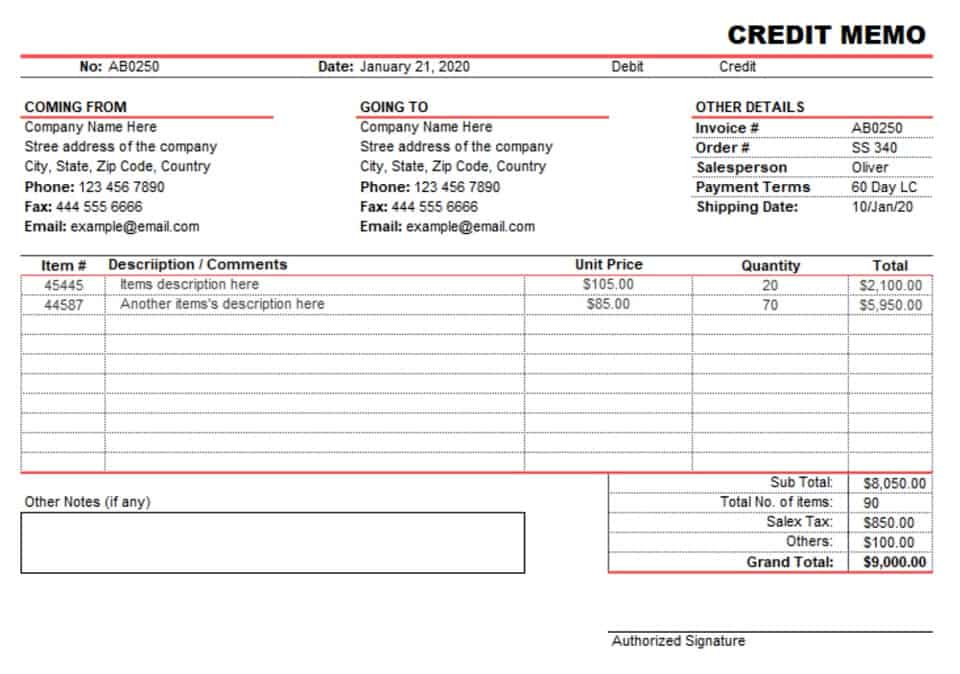What is the difference in salaries between a bookkeeper and an accountant?

They keep track of accounts, reconcile bank statements, and manage payroll, invoicing, and inventory records, among other things. The primary difference between bookkeepers and accountants is the level of education and type of certification required to obtain each position. Bookkeepers and accountants are both critical for the financial health of a company. If you’re not tracking daily expenses, you’ll have very little information to give to your accountant and they won’t be able to make informed decisions. If you’re only focusing on expenses and not big-picture financial data, you’ll miss out on some strategic opportunities.

Many employers also prefer accountants who are certified public accountants (CPAs). To become a CPA, one must pass the Uniform Certified Public Accountant Examination administered by the American Institute of Certified Public Accountants (AICPA). Bookkeepers don’t need a special certification, but a good bookkeeper is important for an accountant to have accurate financial records. Both bookkeepers and accountants need to be comfortable working with numbers all day. Bookkeepers especially should be able to spot issues with daily expenses and make sure all the data points are tracked correctly.
Financial Auditor
Experienced bookkeepers may also transition to accounting roles with additional education and training. For aspiring finance professionals, the question of bookkeeper vs. accountant is common. Initially, bookkeepers bookkeeper vs accountant salary and accountants take the same foundational accounting courses. However, accountants go on for further training and education, which results in differences in their roles, earnings expectations and career growth.
- Bookkeepers who are interested in switching jobs but do not have a college degree might consider becoming an EA after a stint with the IRS.
- Accountants are more specialized, so not every company has an in-house accountant.
- On average, accountants make $60k-$90k annually while the average bookkeeper’s salary is between $30k and $50k.
- If an accountant wants to work for a single company, they can advance to management and beyond without a CPA license.
- However, a bookkeeper’s salary varies depending on their education, location and level of experience.
- Bookkeepers may start working for a small business to gain experience and then go back to school for a degree in accounting or finance.
They assess the overall financial health, identify trends, and make recommendations for improvement. Accountants are also responsible for tax planning, compliance, and conducting audits. Becoming an accountant requires at least a bachelor’s degree in accounting or a related field from an accredited college or university. Many employers prefer applicants with advanced degrees such as master’s degrees in accounting or business administration with concentrations in accounting-related topics like taxation and auditing. Bookkeeping and accounting are sometimes used interchangeably—but there are distinct differences between these roles. From required education to day-to-day responsibilities, let’s compare bookkeepers vs. accountants.
Defining the Roles
Accountants, on the other hand, tend to use the bookkeeper’s inputs to create financial statements and periodically review and analyze the financial information recorded by bookkeepers. We’ve listed some of the key differences when it comes to the requirements and job market for each. Therefore, those who do not like math, get confused easily when making simple calculations, or are generally opposed to number crunching should not apply.
In bookkeeping, extra hours are typical during the busy tax season of January to mid-April. How much you make as a first-year accountant depends mainly on the specific career path you pursue. While accounting can be a lucrative long-term career, most accountants, unlike corporate attorneys or investment bankers, do not command huge salaries during the first few years.
What’s the Time Commitment for a Bookkeeping Certification?
After earning a bachelor’s degree in accounting and becoming an accountant, career opportunities are wide open. Accountants can work in a wide variety of sectors, including private industry, public accounting, government and nonprofits. The truth is that education requirements vary for both bookkeepers and accountants. There are some cases in which a high school diploma will suffice for either position. The educational requirements are typically dictated by the hiring company. Both bookkeepers and accountants play pivotal roles in businesses and for individuals.
How Much Does An Accountant Cost In 2023? – Forbes
How Much Does An Accountant Cost In 2023?.
Posted: Wed, 02 Aug 2023 07:00:00 GMT [source]
This increase can be primarily attributed to the education, training and strategic role of an accountant. If you’re just launching your bookkeeping career, a professional certification can set you apart from the competition. This credential can boost your credibility in the eyes of potential employers, especially if you’re just breaking into the job market. Accountants, on the other hand, take the data generated by bookkeepers and turn it into actionable insights. Accountants analyze financial trends and provide companies with a strategy for maintaining their financial health. The answer depends on where you are in your career, along with a few other factors.
Common Roles in Accounting
Accounting is the interpretation and presentation of that financial data, including aspects such as tax returns, auditing and analyzing performance. Earning a bookkeeping certification involves weeks of studying, hours of test preparation and a significant financial investment. Additionally, maintaining a bookkeeping certification from NACPB or AIPB requires continuing professional development. Bookkeepers earn a median annual salary of $45,560, according to the U.S.

